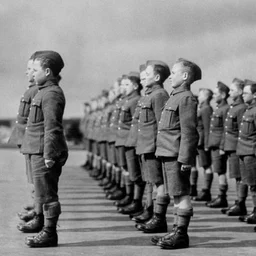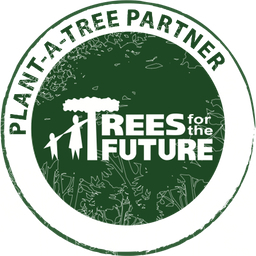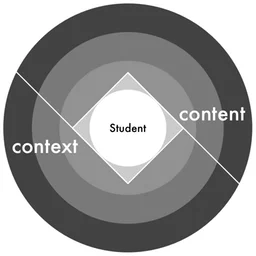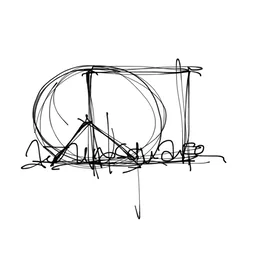intentionality in education
/A lot of my work recently has been on the idea of adjectivizing education--making education more aligned with a particular set of values and principles, such as those related to sustainability, democracy, social justice, and so on. In doing this, I've found it necessary to elaborate on the idea of intentionality.
The basic premise for a lot of my work is that if we want to go beyond educating *about* a certain subject, and actually educate in a way that will create some social movement towards the related ideal, then we need to go beyond talking about the content of instruction, and look at the actual educational experience of students. This frames education as a formative act, rather than an informative one. It is concerned with the deep development of students, not just head stuffing.
Read More




















